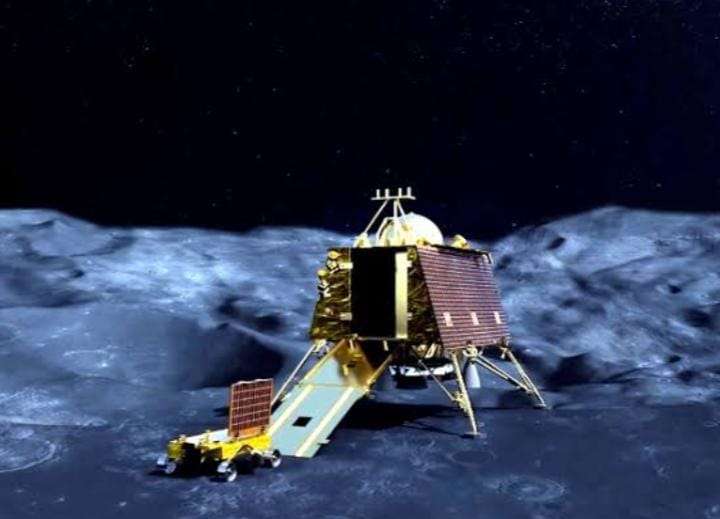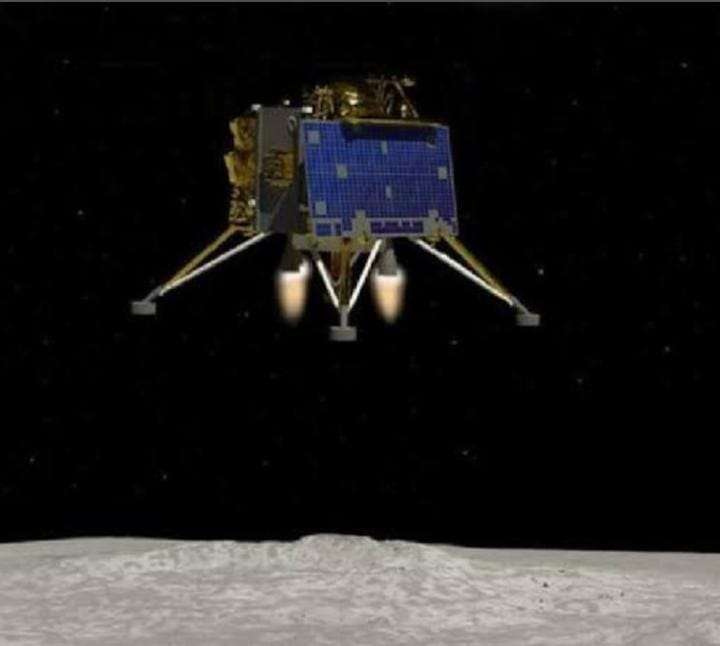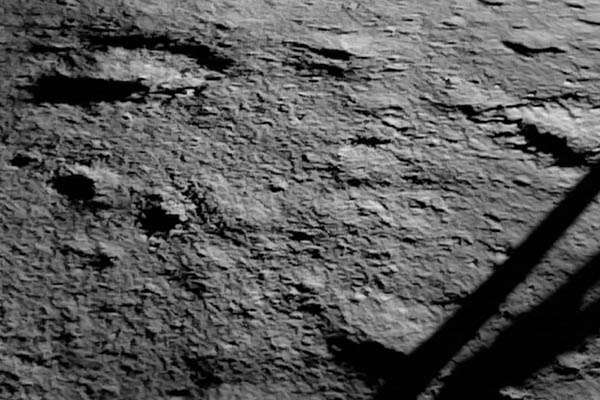
Pakistan, situated in close juxtaposition to India, must undoubtedly take note of this significant accomplishment of Chandrian Space shuttle successful launching. As nations in the region aim to bolster and boost their space and IT research, technological proficiencies and accelerate their development trajectories, the strides made by India in space exploration offer valuable insights. This is an opportune moment for Pakistan to evaluate its own position in the world community and review its determinations in light of this new regional benchmark.

As the entire globe watches heavenward in admiration of India’s achievement, Pakistan must seize the opportunity to recalibrate its ambitions and enhance its hi-tech and scientific capabilities. By doing so, Pakistan can position itself as a formidable force in the ever-expanding realm of space exploration, contributing to the broader human endeavor of uncovering the mysteries of the cosmos.

The successful moon landing by India’s space agency is a testament to years of dedication, perseverance, and technological innovation. It showcases India’s ability to tackle complex engineering challenges, manage intricate space missions, and join the select club of nations with the capacity to explore celestial bodies. This achievement goes beyond national pride; it highlights the spirit of human curiosity and the potential of science to unite and inspire societies.

It is essential for 220 million plus nation to take advantage of this pivotal moment in the global space narrative. This is not a call for a race against time, but a call to engage in a journey of scientific discovery, innovation, and inspiration. The lessons from India’s accomplishment are not about rivalry but about fostering a culture of scientific inquiry and technological excellence.

Pakistan has not been a reflexive observer in the field of space exploration. The country has made commendable efforts to establish its presence through satellite launches and space research initiatives. However, the recent success of its neighboring nation should serve as a catalyst for Pakistan to give a boost to its commitment to scientific advancement, innovation, and international collaboration. A renewed focus on investing in education, research, and cutting-edge technology will undoubtedly facilitate Pakistan’s aspirations to be a significant player in space exploration.

In the realm and demesne of space exploration, the recent achievement of neighboring stands as a monumental milestone. The successful landing of India’s first space shuttle on the moon catapults the nation into an elite league, comprising the former Soviet Union, the USA, and China, making India the fourth country globally and the first in Asia to accomplish such a feat. This triumph not only speaks volumes about India’s technological prowess but also prompts its neighboring nations, particularly Pakistan, to critically assess their own standing in the space race.

Cooperation, too, holds immense potential in the pursuit of space exploration. The challenges posed by the cosmos are formidable and require collective effort. The Indian success story opens doors for collaboration in research, technology-sharing, and knowledge exchange between the two nations. By pooling resources and expertise, India and Pakistan could collectively drive the region’s space endeavors to new heights, transcending political boundaries for the greater good of humanity’s exploration of the universe.

